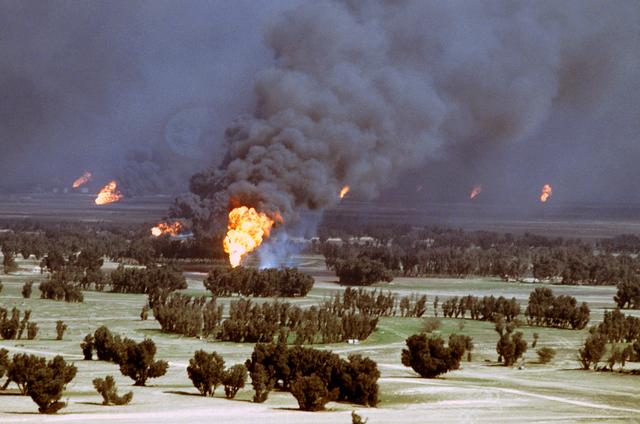Impact of War on the Environment: A Critical Study of Afghanistan
Authors – Ms. Qadriya Hashimi, CEO, Organisation of Green Future Afghanistan & Prof. Ramesh, Professor of Law, Department of Studies in Professor of Law, University of Mysore.
Best Citation – Ms. Qadriya Hashimi & Prof. Ramesh, Impact of War on the Environment: A Critical Study of Afghanistan, INTERNATIONAL ENVIRONMENTAL LEGAL RESEARCH JOURNAL, 1 (1) of 2023, Pg. 52-61, ISBN (P) – 978-81-960702-1-2.
Abstract
There is no accurate, reasonable data to record war fatalities regarding the dead and paralyzed combatants and civilians, the devastation of physical property, and the amount of environmental degradation in Afghanistan. Afghanistan fails to consider the environmental challenges as the cost of war. The country cannot disregard this issue. The country passed environmental law after seven years of the interim government. Furthermore, the law does little to deter ecoterrorism and those who endanger the ecosystem in the state. The study considers how war has fuelled catastrophic environmental degradation that has resulted in land contamination, forest destruction, resource looting, and climate change, forcing the mass migration of people within and across borders and creating threats to human health. The Fourth Geneva Convention is a set of international laws the United Nations has already adopted to lessen the environmental damage caused by armed conflict. This law has not, however, stemmed the war’s environmental harm. To provide a better explanation than what is now available and, on its subtext, what the social renovation model needs to bear to stand the test of time and challenges, we would engage in the argument and contextualize it with the research related to the battle against the background in this study. This existing study is employed a doctrinal legal approach in which part of the literature will be reviewed to acquire the necessary data using normative approaches. The current research is limited to environmental degradation caused by armed conflict post-2001.
Keywords: Arm Conflict in Afghanistan, Climate Change, Devastation, Environmental Degradation, Green-House Gases and war.
